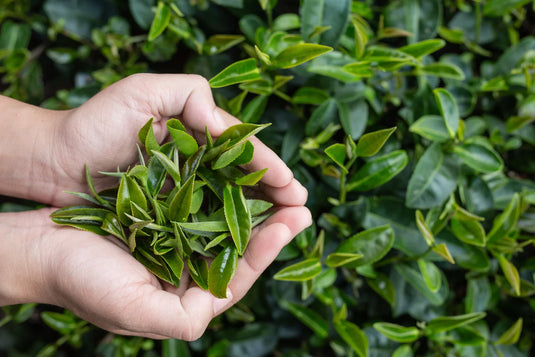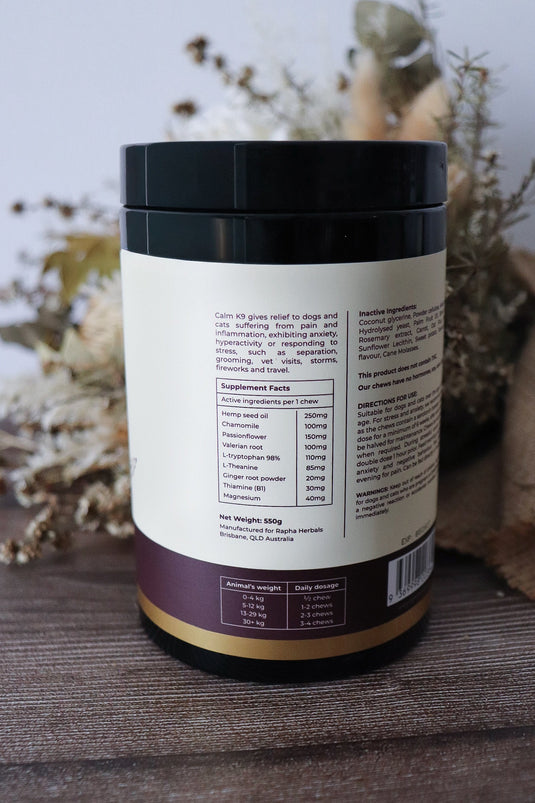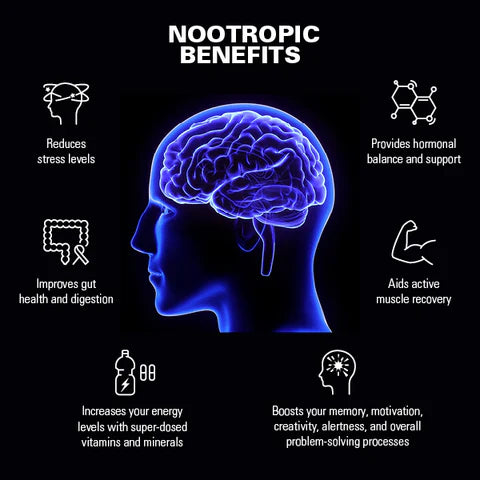What is L-Theanine?
L-theanine is an amino acid. The human body does not produce this compound, and it is not essential for humans. Green tea, black tea, and certain types of mushroom naturally contain L-theanine.
While L-theanine isn’t essential for our survival, its presence in plants and fungi has been studied for its possible impact on our brain function.
L-theanine is a non-protein amino acid found in the tea plants Camellia sinensis L., from which green and black tea are made. It's the main source of flavour in tea and has a caramel-like taste that reduces the bitter flavour of tea leaves.
“Amino acids are proteins and they’re really the building blocks of our life,” explains Zumpano. “Amino acids are molecules used by all living things to make proteins. In total, we as humans need 20 different amino acids to function properly. But there are those 11 essential amino acids that our body really needs to get through food.”
https://health.clevelandclinic.org/l-theanine
Can L-Theanine Reduce Stress and Anxiety
After consumption, L-theanine can cross the blood-brain barrier and affect brain activity by promoting increased alpha-wave activity, a pattern of brain activity associated with a more relaxed state. This may explain its stress-reducing and anxiety-reducing effects.
L-theanine may affect the levels of certain chemicals in the brain. These include serotonin and dopamine, which influence mood, sleep, and emotion, and cortisol, which helps the body deal with stress.
L-Theanine has a unique function on the brain, contributing to various aspects of mental function well-being. L-Theanine influences certain chemicals in the brain that influence mind relaxation and overall cognitive function.
L-Theanine impacts GABA, short for Gamma-Aminobutyric Acid, an inhibitory neurotransmitter that helps reduce nerve cell activity. By increasing levels of GABA in the brain, it signals to your body that it’s time to relax, which can help alleviate feelings of stress and help you enjoy a more restful, longer sleep. At the same time, L-Theanine boosts dopamine and serotonin levels, enhancing mood, emotional stability, motivation and cognitive function.
To dive a little deeper, L-Theanine enhances the production of alpha brain waves, which are associated with a state of relaxed alertness. This brain wave pattern is typically observed during meditation and has been linked to increased creativity and focus while maintaining a state of calmness and relaxation.
This combination of increased alpha brain activity and neurotransmitter levels helps with cognitive function.
Boosting the immune system
L-theanine may support the body in fighting off illness. Several studies have suggested that taking L-theanine could boost a person’s immune system, making them less likely to get common colds or the flu. Its potential anti-inflammatory effects could also help fight illness. In conjunction with catechins (antioxidants) from green tea, L-theanine is associated with preventive effects against influenza. Another study concluded that L-theanine has an anti-inflammatory effect in the digestive tract.
Reducing blood pressure
Research has linked high blood pressure with a higher risk of several health problems, including heart attack and stroke.
L-theanine may help reduce stress, and a reduction in stress and increased relaxation can lower the heart rate. In turn, this may help lower blood pressure.
L Theanine is a Nootropic
Thanks to its impact on mental function and cognitive performance, L-Theanine is considered a nootropic. Nootropics are substances that can enhance cognitive function in healthy individuals. L-Theanine is typically used for its cognitive-enhancing properties, including increased relaxation and improved cognitive function.
L Theanine as a preventative
L-theanine may protect brain cells from age-related damage and reduce the risk of cognitive disorders like Parkinson's disease. The high content of L-theanine in green tea is thought to lower the risk of dementia.
Deb S, Dutta A, Phukan BC, et al. Neuroprotective attributes of L-theanine, a bioactive amino acid of tea, and its potential role in Parkinson's disease therapeutics. Neurochem Int. 2019;129,104478. doi:10.1016/j.neuint.2019.104478
Theanine interactions
Before taking L-theanine supplements, talk with your health care provider, if you regularly take any medications. Some sleep medications such as diazepam (Valium), lorazepam (Ativan), and zolpidem (Ambien) may interact with L-theanine and cause more drowsiness. It may also interact with sedatives, stimulants, and medications for high blood pressure.



